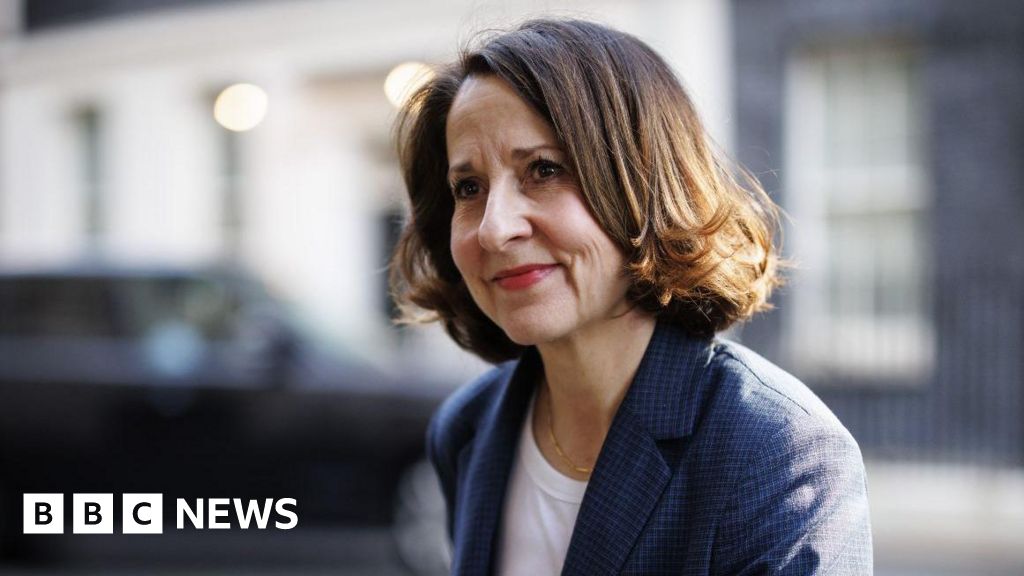Nail your pitch
Whether it is sprucing up your local park’s play area, adding solar panels to your children’s primary school, setting up a community cafe or putting on an arts festival, keep the pitch – and the title – short and focused.
People will only get behind a project they can understand, and the pitch is one of the first opportunities you have to communicate your idea.
Misha Dhanak, the chief executive of Spacehive, a crowdfunding platform that specialises in community fundraising, says
: “It’s really important to make your title short, succinct and clear. If you need to explain it twice, it’s probably too vague or complicated.”
Beyond explaining what the project is, why it matters and who will benefit, and giving an initial estimate of how much it will cost, try to tell a story.
“Rather than saying: ‘We want to improve the local park,’ it’s much more powerful to say: ‘Local families want to turn an overgrown park into an imaginative space where children can learn about food and nature.’ That way, you create a story, and a future that potential backers can really buy in to and see themselves getting involved in, so then they are more likely to want to support it,” Dhanak says.
Build your crowd first
Successful fundraisers do not usually start with strangers. Most early backers come from personal and local networks – friends, family, neighbours, parents at the school gate, and so on.
Once you have the support of your close circle, try sharing your idea in community WhatsApp groups and local Facebook pages.
This helps get the word out and ensure you are “making as much noise about it as possible,” Dhanak says.
The team you work with tends to come from this initial group, and people may have expertise, or want to offer to help. For Daniel Jones, the chair of Myddleton Road Community Benefit Society, his small “team of doers” was key to successfully raising funds to turn a former bar/restaurant in Bowes Park, north London, into a community venue called The Hillbilly Social.
“You’re going to face a lot of challenges, and you’re going to need the right team of people to get through them, so a relatively small team of doers with perseverance is useful, with a mix of skills,” he says.
Dhanak says knowing your strengths, and playing to them, is vital: “If you’re really good at planning and building out the budget but you’re not as confident with marketing, find someone in your community that can support you with that. If there’s a lot of planning permission, you could find a local architect to support you as well,” she says.
Leaning on people who have successfully fundraised for similar projects is also a good place to start.
However, you don’t need to be an expert on a topic to give it a go. “Just because you haven’t done it before doesn’t mean it’s impossible – you just haven’t done it before. About 65% of people that use Spacehive have no fundraising experience. They’ve never done anything like this before,” says Dhanak.
Use offline support
Not everyone is online or active on social media. Posters in cafes, flyers through doors and conversations at local events can reach people who could otherwise miss your project.
“Social media is obviously essential, but use your everyday networks, too – school newsletters, local exercise classes, the local choir, pub, noticeboards and library pinboards,” says Dhanak.
Jones’s project started with surveys at a local monthly market to gauge interest, as well as a post on a local Facebook group. The positive response they received gave the team the confidence to continue. “We just went out and got a little market stall with some flyers and a few volunteers, talking to people about what we were looking to do and handing them a flyer to ask them to fill in the survey online.
“After a couple of weeks we had pledges from probably a couple of hundred local people for [a total of] £120,000. So we thought: ‘OK, this idea has got some legs.’”
This kind of face-to-face contact builds trust and enthusiasm, especially in close-knit communities. “Our surveys really helped to make sure we carried people with us, and we could say all the way along, ‘we’re doing what the community wants’,” Jones adds.
Think about your structure
If it is a straightforward community group run by volunteers to (for example) improve your local area, does not involve a huge budget, or require staff to be employed or premises to be leased, then an unincorporated association is likely to be the structure for you, says the Resource Centre, a charity serving voluntary and community groups in Brighton and Hove, East Sussex.
“This is a simple structure you can set up yourself, without registering with anyone. All you need to do is write and agree a constitution,” it adds.
However, more and more local community organisations are forming, or converting into, community benefit societies, says Co-operatives UK, a federation that represents and supports thousands of co-ops across the country.
This is a legal structure for organisations that want to operate on a not-for-profit basis for purposes that benefit the community as a whole, it says. Often they use this model to raise finance via a community share issue. This is where locals and others are able to invest in the project by buying shares.
Organisations such as the Financial Conduct Authority and Co-operatives UK publish information on their websites on setting up a community benefit society.
Pick the right platform
There are lots of crowdfunding sites out there, and picking the right one for your project could mean the difference between getting it off the ground or not. Some, such as Spacehive, can offer advice throughout the process, while others, such as GoFundMe, help you track donations.
“The platform you choose becomes an extension of your idea, in a sense,” Dhanak says.
If you think you would benefit from more hands-on support, keep that in mind when you pick. It is also worth considering whether the platform you select has access to potential funding from partners, councils or businesses.
“When someone is thinking about backing a project, if they see an organisation they recognise – their local council, or a brand name that they know – it gives the whole thing a huge amount of confidence that it’s going to happen,” says Dhanak.
However, some platforms take a percentage of what you raise, so Jones says you need to keep this in mind.
“There’s no need to spend money on expensive survey platforms. We hosted our online surveys with Google Forms, which is free.
“When it came to the fund-raising, we considered some of the well-known funding platforms. We found that with their processing fees, the cost would be about 2.5% to 3% of the total funds raised, which was a significant amount, as we raised more than £280,000.
“Instead, we built a simple website and signed up to Stripe – an online payment processing platform – for securely processing card and one-off direct debit payments, with much lower fees.”
He adds: “We also encouraged large amounts to be sent by bank transfer. We saved more than £5,000 in fees by going down this route. Stripe held all the details we needed for more than 500 investors, which was essential.”
Get funding such as grants
There are lots of organisations and schemes out there that can potentially provide financial support in the form of grants or awards. You may want to try charities and trusts that are aligned with what you want to do.
The website of the King’s Trust has a useful list of some of these organisations.
Applications to the co-op local community fund are now open – they must be submitted by midnight on 6 July. It is looking for new projects for its members to support. There is a £5m pot, and you can apply if you are a not-for-profit group that needs funding to deliver a specific project that will benefit your local community.
Link with trusted partners
Partnering with community centres, local schools, councils, charities or businesses can increase your project’s credibility and resources. It shows that the project is well-connected and embedded in the community.
Dhanak says that approaching potential partners with a clear idea of how your work will benefit the community, how you’ll work together and what each party will bring is essential.
“You need to think about what your idea is delivering and who that will match to in terms of your local area. I would approach local businesses and community leaders for backing.”
She adds: “You’re going to be adding value to the neighbourhood, so there are plenty of good reasons for them to add their support, whether that’s through donations or promotion or materials. Partners that are known in the local community can open new doors for you and increase credibility, so they can offer you more than just cash – they might have connections, spare capacity, items you need, volunteers or expertise that can be really valuable to your support your project.”
She says local authorities are generally very receptive to supporting these ideas, and she advises looking into the different funds and schemes that are available.
Approach potential partners with a clear idea of how you will work together and what each party will bring. Even a simple letter of support can help.

 23 hours ago
5
23 hours ago
5










 English (US)
English (US)